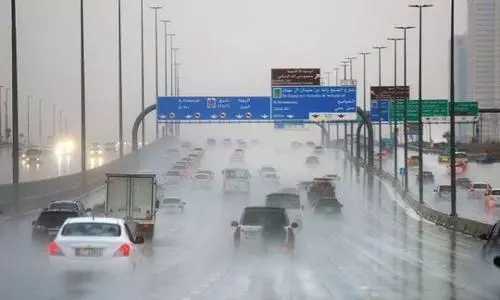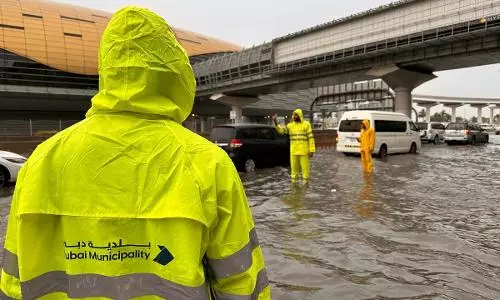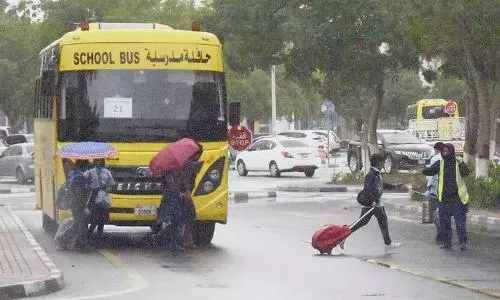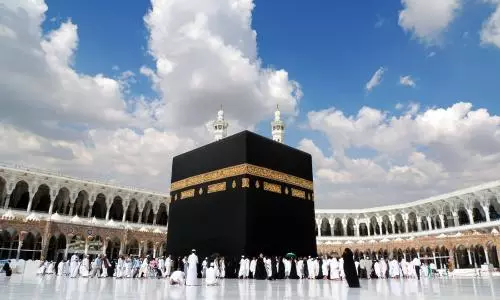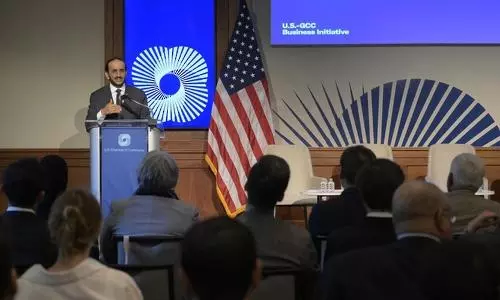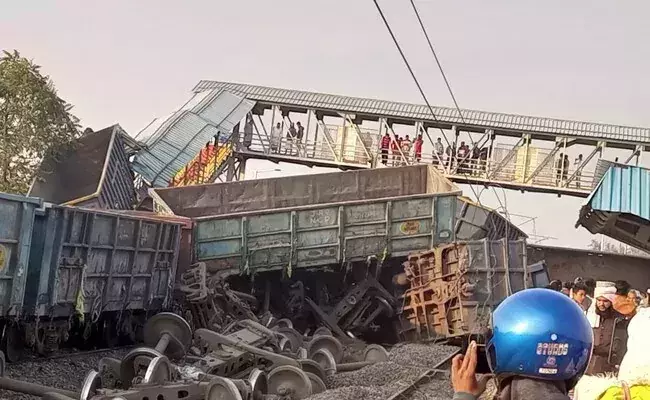
Odisha train tragedy: Industry analysts call for more attention on safety
text_fieldsNew Delhi: After the tragic train accident in Odisha on Friday, industry analysts said that more attention should be put on the safety aspect of India's rail network. The remark comes at a time the department is spending $30 billion on transforming trains and stations.
Prakash Kumar Sen, head of the department of mechanical engineering at Kirodimal Institute of Technology in central India, told NDTV: "The safety record has been improving over the years but there is more work to do. Human error or poor track maintenance is generally to blame in such crashes. The railways have been introducing more and more trains to cope with soaring demand but the workforce to maintain them has not kept pace. Workers are not trained adequately or their workload is too high, and they don't get enough rest. The east coast route on which Friday's crash occurred, is one of the country's oldest and busiest, as it also carries much of India's coal and oil freight. These tracks are very old ... the load on them is very high, if maintenance is not good, failures will happen."
The railway system in India is 170 years old. This year alone, the government made a 50% increase from last year to upgrade tracks, ease congestion, and add new trains. Indian Railways transports 13 million people every day and last year moved 1.5 billion tonnes of freight.
An independent transport expert, Srinand Jha, said the government is working on safety mechanisms like anti-collision devices and emergency warning systems but has been slow. "They will always tell you that accidents are at a very manageable level because they talk about them in terms of percentages. In recent years the focus has been more on new trains and modern stations and not as much on tracks, signalling systems, and asset management. This accident brings out the need to focus more on these aspects."
A railways ministry spokesperson claimed that safety has always been a key focus for the department. "This question (on safety) is arising because there has been one incident now. But if you see the data, you will see that there have been no major accidents for years. The number of accidents per million train kilometres, a gauge of safety, had fallen to 0.03 in fiscal 2021-22 from 0.10 in 2013-14. Some malfunction has happened and that the inquiry will reveal."
West Bengal chief minister Mamata Banerjee met with Union Minister for Railways Ashwini Vaishnaw on Saturday and said that the tragic accident could have been averted if trains were equipped with the anti-collision system.
"Coromandel is one of the best express trains. I was the Railway Minister thrice. From what I saw, this is the biggest railway accident of the 21st century. Such cases are handed over to Railway's safety commission and they investigate and give a report. There was no anti-collision device on the train, as far as I know. Had the device been on the train, this would not have happened. The dead can't be brought back but now our work is rescue operation and restoration of normalcy," she told the media.
So far, 261 people have died and over 900 people are injured in the crash.




